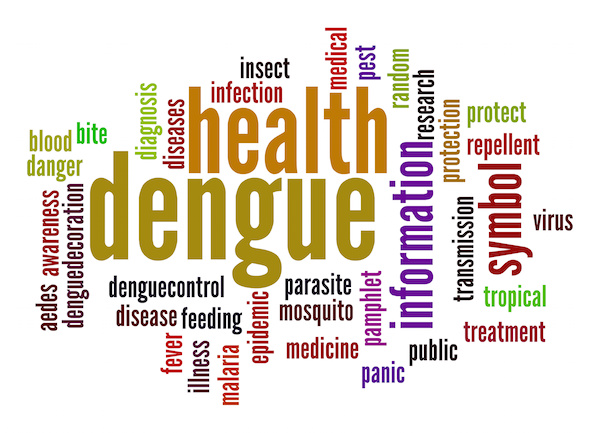
WEDNESDAY, Feb. 1 (HealthDay News) — Hispanics are less likely to call an ambulance when they’re having a stroke,
one reason why Hispanics are about half as likely as non-Hispanics to have a favorable outcome after a stroke, a new study suggests.
University of California, San Diego, researchers looked at 192 Hispanic and 925 non-Hispanics who suffered an ischemic stroke (reduced blood flow to the brain) and were treated at five hospitals in San Diego.
They found that only 29 percent of Hispanic patients had favorable outcomes after 90 days, compared with 40 percent of non-Hispanic whites.
Hispanic patients were less likely to be brought to a hospital by ambulance, with only 73 percent of Hispanics using emergency medical services, compared to 83 percent of non-Hispanic whites.
Hispanic stroke patients were younger and more likely to be female and to have diabetes. There were no differences between Hispanic and non-Hispanic patients in terms of time between stroke onset and arrival at hospital or treatment decision.
After they adjusted for stroke complications, the researchers concluded that the odds of favorable outcomes for Hispanic patients was about half that of non-Hispanic patients.
Efforts to increase the use of emergency medical services by Hispanics may decrease the disparity in stroke outcomes, the researcher said.
The study was to be presented Wednesday at the American Stroke Association meeting in New Orleans.
Because this study was presented at a medical meeting, the data and conclusions should be viewed as preliminary until published in a peer-reviewed journal.
More information
The American Academy of Family Physicians has more about stroke.

